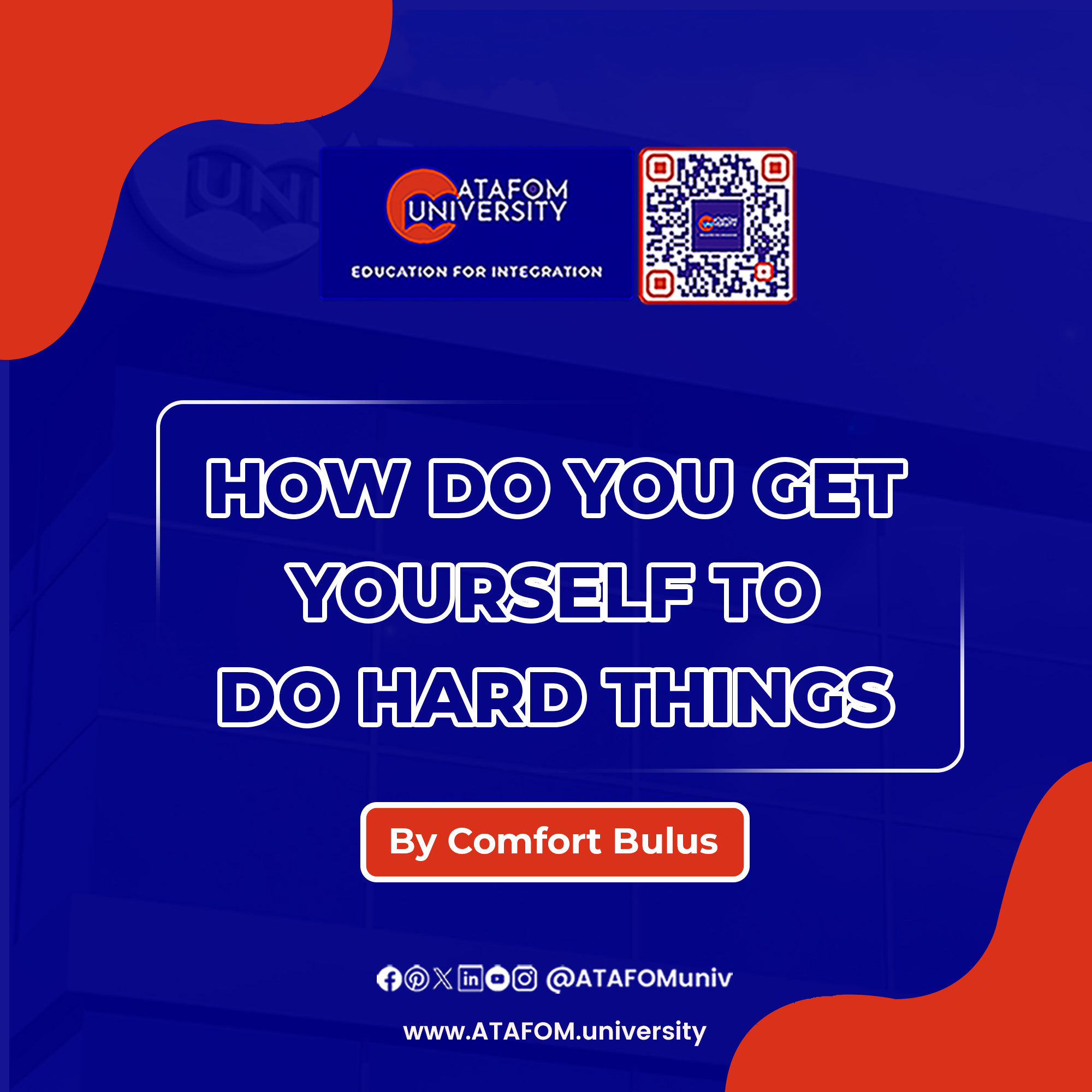The truth that success isn’t a secret is an uncomfortable one. Most people know what must be done to enhance their lives. However, we don’t undertake those activities since they are challenging. Instead of performing the one thing we know to be the most effective, we prefer to use formulae, techniques, and hacks. Examples include:
- Rather than creating a website from scratch, we enrol in a course.
- In the gym, we use individual machine exercises instead of hefty lifts.
- We choose to avoid difficult conversations with our partners.
- We follow fad diets rather than adopting a healthy lifestyle.
- Instead of reading a book, we scan Twitter.
Hedonic motivation is the explanation for why we behave in this way. People are programmed to favour pleasant experiences and avoid unpleasant ones. Because of this, we look online for productivity advice rather than working. We also often use extremely brilliant justifications for these decisions, but we know deep down that we’re trying to avoid doing what’s necessary but difficult. Because effort requires hard labour, our brains categorise it as evil. They fall back on the networks that direct us on how to move through our daily lives since it feels “normal” to them. Because of how deeply ingrained those networks are in our minds, whenever we embark on a brand-new, challenging route, no matter what it may be, we find that our wheels automatically fall back into their well-worn grooves.
When we experience this, our brains try to conserve mental energy by focusing our attention on the information that is most accessible and easily recalled to assist us in making decisions as soon as possible. We frequently take our best judgement and act intuitively when doing this. It’s referred to as expediency bias when something is done out of instinct or when a decision is made hastily without thoroughly examining all the circumstances. Fluency, a psychological concept, states that the brain accomplishes this because it finds it far simpler to assimilate preexisting ideas than new ones.
Nevertheless, we know that difficult decisions can result in enormous advantages, some of which may take time to manifest. How, then, do you handle the challenging tasks? Determine what the problematic thing is first. Ensure you know the complex but crucial aspect of the job or talent you wish to develop. It should be simple to determine what is causing the output because that is typically the case. It’s writing for authors. It is coding for coders. It is songwriting for musicians. Working out is what it is for athletes.
Transform Your Brain
Spending more time on challenging, productive tasks requires a mental shift that makes the difficult task appear advantageous while making the less-effective job appear disadvantageous. For instance, you may start from scratch when programming a website and advance your skills as a developer, or you could enrol in another course that repeats what you already know or could have easily looked up. Which one is preferable?
Discover Your “Why”
Make sure your motivation for undertaking this difficult task is evident. The likelihood is that you will quickly lose motivation if you don’t know why. Consequently, identify your why and keep it front of mind. Put it wherever you’ll notice it after writing it down. The more compelling your reason, the better.
Plan for it
Make a commitment after that. Make the challenging thing a habit. You will perform this one difficult task every day at a specific hour—pure concentration, no multitasking. Start slowly and progressively increase the time you spend on this. Enjoy it as well. Enjoy the struggle, the agony, and the hard work. You can succeed because you are a winner.
Delete your doubts now
Your brain will seek ways to stop you from completing something difficult. You’ll want to perform some research or look for more effective approaches to meet the challenging task. During your intense work hours, resist giving in to these alluring justifications. Do whatever you want before or after, but maintain your attention.
It may seem paradoxical to do activities that make you uncomfortable or require a lot of effort. At ATAFOM University International, we believe everyone has more potential than they give themselves credit for. However, by focusing on your brain’s activity rather than your gut’s, you can work towards overcoming challenges and improve how you deal with your worries. You will stand out from the crowd if you constantly put in the effort and grow your luck-attracting surface area. For everything, the same holds. The number of opportunities that will arise if you keep challenging yourself and growing will only increase. As a result, you’ll improve in your chosen skill while appearing to have more luck. So save time by avoiding the challenging assignment. Instead, just put in the effort and remember that ATAFOM University is always there to support and encourage you. Enrol with us today!


